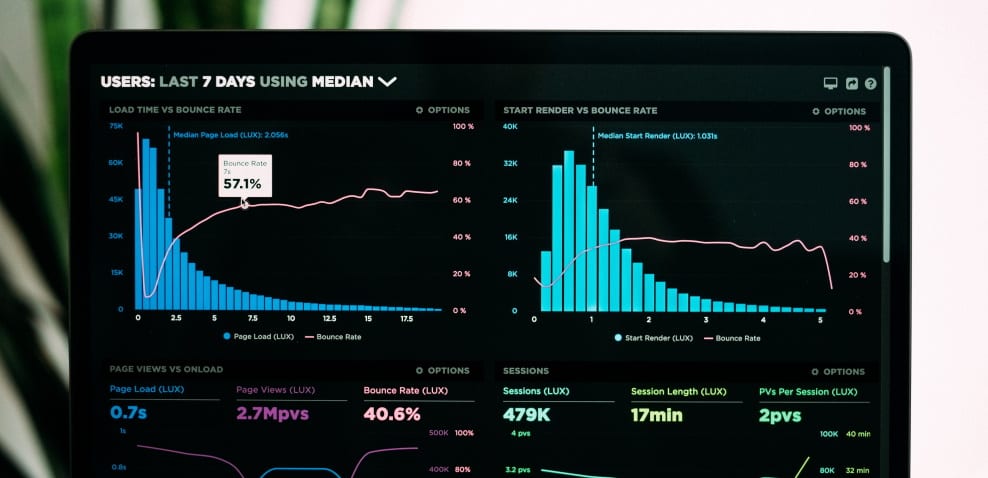Virtual events offer a lot of unique features that could be invaluable to event planners in the long-term, so it’s definitely worth exploring them. Pippa Naude highlights some examples that were shared during EventHack 2020.
Around the world, event planners have found that the COVID-19 crisis is forcing them to adopt the online medium, and it’s natural to feel some frustration with the situation. However, there is an upside. The concept that ‘virtual events are a gift and not a limitation’ came up a few times at the recent EventHack 2020, a hackathon for creative virtual event concepts, run as a virtual event, and hosted by Socio. Here are some of the advantages to taking your events online that they touched on.
1. You can give your attendees more control
Brian Fanzo, the Founder of iSocialFanz, highlighted that at a typical live event, your delegates have limited choices. The event planner makes most of the decisions for everyone: which sessions everyone can attend and when, and by default who they have to listen to, and so forth.
Depending on the type of format you choose for your virtual event, you can break this trend and let your audience “choose their own adventure”, as Fanzo puts it. And it’s far easier to host multiple streams and side events for a virtual audience, giving attendees more options, as physical space, money and time don’t limit you as much.
“[L]et your audience ‘choose their own adventure’.”
Attendees are then able to curate their own event experience. They can choose what they want to take part in, and easily switch to a different session if they aren’t enjoying something. Plus, if a recording of the event is available, they can delay watching sessions, pause as needed, and re-watch them. Voila – you have given your guests a completely personalized experience!

2. You aren’t as time-bound
A live event is usually limited to a few days, at most. Virtual events, however, can break out these time constraints with more fluidity. Shawna Suckow, an award-winning speaker with her own company Shawna Suckow International, shared ideas on how to extend your online event over a longer timeframe, with touch points such as short virtual meet-ups, video messages from influencers or speakers about the content, workshops and tutorials, Q&A sessions, and other exciting add-ons.
“A live event is usually limited to a few days, at most. Virtual events, however, can break out these time constraints with more fluidity.”
While many of these ideas can also be utilized for an in-person event, the cost is usually prohibitive. But if you have the tech and tools already in place for your online event, it is easier to leverage them in this way.
3. Gamification is easier
If you want to gamify your event, it is much easier to do so through an online platform. You can track your attendees’ actions easily, and reward the behaviours you want to encourage immediately with points or badges, suggest Fanzo.
These points or badges can then be redeemed in a virtual swag shop (with the physical items then being couriered to the attendees), or they can be used to unlock access to special sessions or to earn VIP status.

4. Better audience data
It’s often hard to gain useful data insights on attendees at physical events. But this all changes on the digital realm where you can see exactly who attended which sessions, if they stayed for the whole session or left before it ended, how much discussion happened around which topics, which recorded sessions were viewed and returned to the most, and so forth. “Your audience mapping is better,” says Suckow.
Additionally, there are a host of other online tools at your disposal – such as live polling, short surveys, and so forth – which can integrate seamlessly in this space, making it more inclusive and improving your response rate. Again, you can use these types of feedback tools at in-person events, but they can be harder to implement as they are not already in place by default.
Obviously, this kind of data is incredibly useful to help you improve your events, and to attract more sponsors.

5. Online doesn’t mean cheaper
Another point that Suckow emphasized was that, because online events don’t need a venue or catering, the general attitude is that they are cheaper to run and should therefore cost less to attend. But this is the wrong mindset. The more value your event offers, the more you can charge for it – both for attendees and sponsors, she adds.
“The more value your event offers, the more you can charge for it – both for attendees and sponsors.”
Presumably, this can lead to bigger profit margins – although as you build more value into your event, it’s also likely you will need to spend on it. High production values and smart tech can be costly, and other expenses can creep in.
For example, one idea I really liked and want to mention was shared by Matt Heinz, the President of Heinz Marketing. He suggested that, to help people experience your event brand, you can courier event posters and swag to attendees before the event, that they can have on their desk during the event. A more cost-effective alternative is to email them templates to printout at home. Regardless, these cool add-ons come with a price tag which will push up the costs of your online event.




